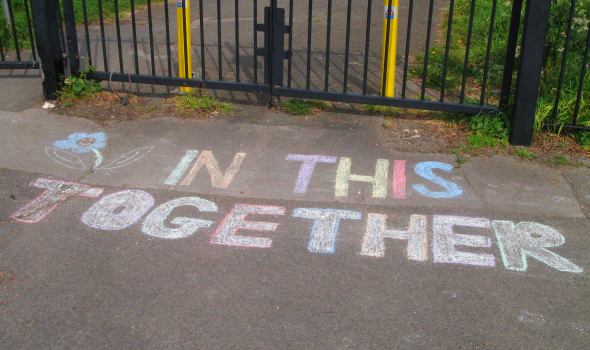Media coverage of migration during the first Covid-19 lockdown
Media coverage of migration during the first Covid-19 lockdown

As part of our International Migrants Day celebrations in 2020, we launched the first major report to analyse UK media coverage of migration during the Covid-19 pandemic.
We analysed nearly 900 articles published during the first Covid-19 lockdown by nine of the most popular online news outlets – and our findings are now available to everyone in this report.
We reveal that 21% of those news stories included the voice of someone impacted by issue being reported on – a significant improvement from the 12% found in our 2014 study. There were big differences between news outlets, however, with 33.5% of stories in The Guardian including a migrant voice and just 3.9% in the Express.
While we’re pleased that one in five stories about migration in this unprecedented period included a migrant voice, this is still not enough and we’re concerned that this may have been only a very temporary phenomenon.
We also found a concerning tendency across outlets to box migrants into very specific categories – such as ‘Channel crossers’, ‘frontline NHS workers’, ‘asylum seekers’ – and to present these groups in simplistic ways, e.g. as heroes or threats.
The impact of this was profound. Calls to scrap the Immigration Health Surcharge (IHS) and to extend visas for migrant NHS workers – a group presented across the media as heroes and therefore uniquely deserving of fair policies – were amplified and supported by every news outlet. Just days later, both policies were introduced after Government U-turns.
In contrast, calls for fair policies for groups presented by the media as threats or victims – such as asylum seekers or migrants with a No Recourse to Public Funds (NRPF) condition – were reported far less and led to very little (if any) real change. This was despite the urgent and severe financial struggles and health risks these people faced.
Furthermore, the categorisation of migrants as heroes, threats or victims entrenches a deeply problematic narrative that says some migrants are more deserving of rights and respect than others. When you suggest that someone must have a certain job or behave a certain way to be worthy of a place and fair treatment in the UK, you undermine the idea that ‘we are all in this together’.
We believe that policy change should happen because it is the right thing to do, not because of front-page headlines, not because those who will benefit are themselves of benefit to the UK, and not because it's in the interest of the Government.
Yet there are positives from this research too. As a result of this pandemic, journalists, policymakers and the public know much more about issues such as asylum support and immigration detention, and we hope this can form the groundwork for more significant policy changes in the future.
In the meantime, we encourage journalists to remember that migrants are a primary and highly valuable source of information for stories about migration, and that including migrant voices leads to fairer, more accurate, more engaging reporting, something everyone wants to see.
TOP IMAGE: Covid 19 Sutton South London Support NHS, by rollingstone64, Flickr


